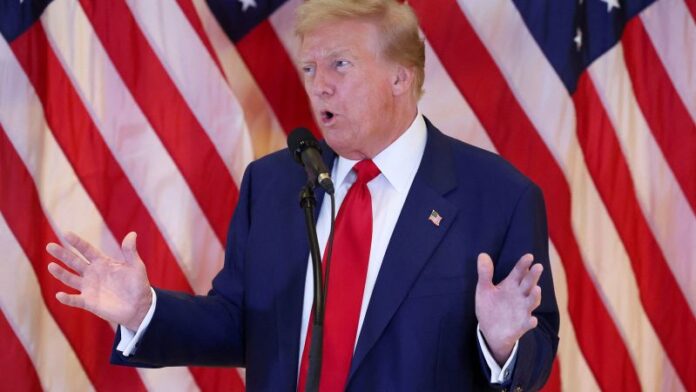Key Falsehoods or Claims: In this article, Trump falsely claimed that China is paying the US billions of dollars in tariffs, when in reality it is American businesses and consumers who ultimately bear the cost. He also claimed that the US has had a trade deficit with China for many years, when in fact the trade deficit has fluctuated and the US has also benefited from trade with China.
Source: CNN is generally considered a neutral outlet, although it may lean slightly left in its political reporting.
Analysis of Impact: The spread of these falsehoods has potentially shaped public opinion by bolstering Trump’s image as a tough negotiator on trade and tariffs. This could influence voters who prioritize economic issues or who are swayed by Trump’s hardline stance on China. The article poses a threat to our democracy by highlighting how misinformation and falsehoods from the highest levels of government can impact public understanding of crucial economic policies.
Hypothetical Public Reactions: If Trump’s false claims about tariffs and trade gain traction, it could lead to a misinformed public opinion about the actual effects of tariffs and trade policies. This could in turn influence voter behavior, potentially leading to support for policies that are not in the best interest of the economy.
Further Reading: For further reading on the impact of misinformation on public opinion and democracy, reputable sources include studies from the Pew Research Center, the Harvard Kennedy School’s Shorenstein Center on Media, Politics and Public Policy, and the RAND Corporation. These organizations have extensively researched media influence and misinformation in the context of politics.
Source link
Redirect URL
